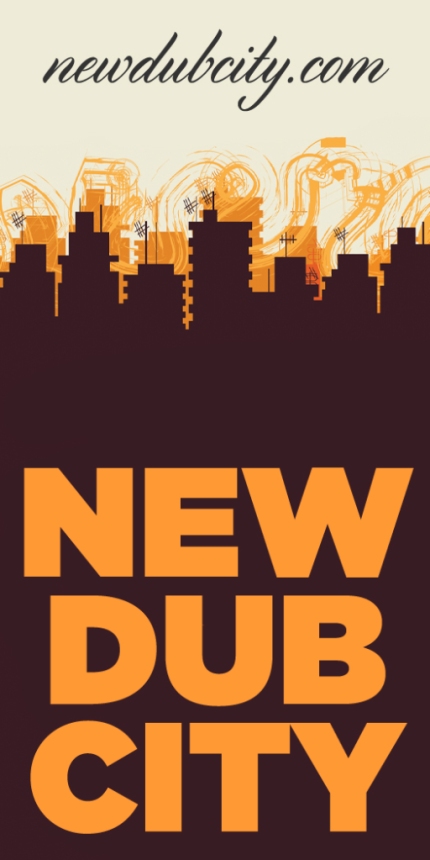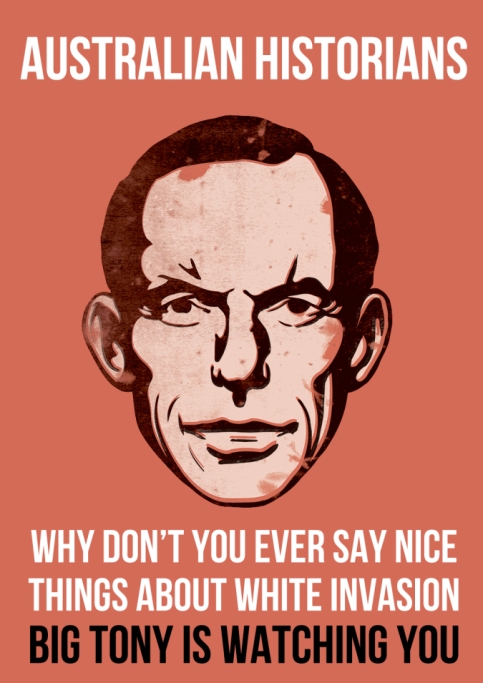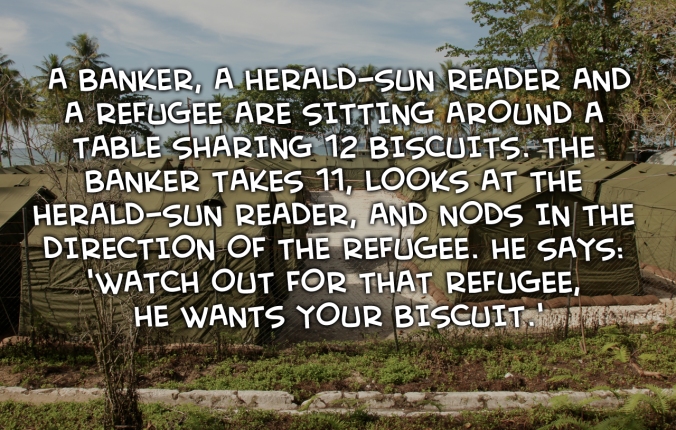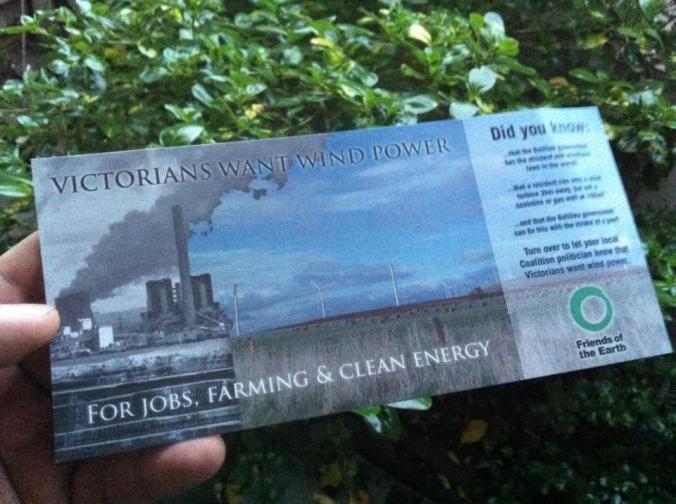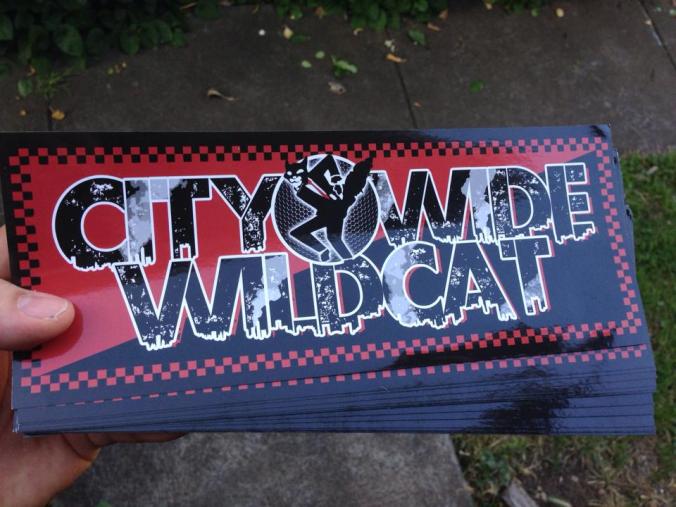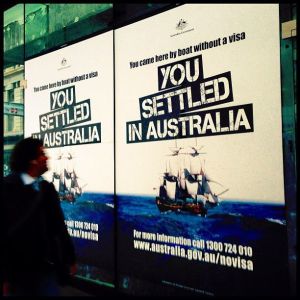 The US historian Frank Van Nuys once described racism as ‘the great national safety value,’ a means for the powerful and well-to-do to take the heat off themselves by shifting the blame for the consequences of increasing wealth inequality, of which they were the direct beneficiaries, onto minorities too numerically weak to organise effective opposition. As seems to be the rule with history, this continues to be true into the present.
The US historian Frank Van Nuys once described racism as ‘the great national safety value,’ a means for the powerful and well-to-do to take the heat off themselves by shifting the blame for the consequences of increasing wealth inequality, of which they were the direct beneficiaries, onto minorities too numerically weak to organise effective opposition. As seems to be the rule with history, this continues to be true into the present.
The lynchpin for the ‘great national safety valve,’ as David Roediger points out, was the ‘wages of whiteness.’ This latter phrase was derived from an observation made by W.E.B. Du Bois, who wrote of a ‘public and psychological wage’ paid to white workers who identified with their white masters on the basis of arbitrary characteristics of appearance — rather than with their fellow workers on the basis of concrete economic interests, regardless of their ethnicity.
In his classic study of ‘The Wages of Whiteness,’ Roediger expands on this theme, demonstrating how the wealthy and powerful employed whiteness historically to create the illusion of a community of interests between ruling and ruled, one based on the ethnicity of the dominant group. Included in the illogic of racism was a tacit bargain with white workers: submit to our authority and we won’t treat you as badly as the others. White workers who accepted this bargain would likely not enjoy meaningful advances in their living standards in the form of collective bargaining wins, but they would be paid off for their docility with small privileges denied their non-white brethren.
In this way, as Roediger, Van Nuys and numerous others (eg. John Higham, Howard Zinn) have demonstrated, ruling groups were often quite effectively able to dampen down the kinds of class antagonisms that, channelled into constructive activities such as labour organising and social struggle, might have in the long run effected meaningful change. Rather than dealing with the causes of wealth inequality and all that encompassed in terms of social misery, ruling groups could, in the words of Cheryl Harris, utilise the great national safety value in ‘evading rather than confronting class exploitation’ (Whiteness as Property, 1741).
Such tactics constituted, one might argue, some of the oldest tricks in the political handbook—divide and conquer in particular. Creating conflict between subject classes or groups by giving small privileges to one especially is classic social control behaviour. Otherwise, while those guilty of perpetrating injustice and inequality through class exploitation might have had a case to answer for criminal behaviour, they could avoid being held to account as long as they gave back some of the proceeds of their criminal activity through what were essentially bribes to some of their victims.
For the victims it was not only a bribe to look the other way, it was also an incentive not to engage in collective bargaining struggles that did not have a guaranteed outcome in terms of better wages or increased control over working conditions. To the extent that workers were already subject to a form of Stockholm Syndrome having been born into a state of economic subjection to capital, the wages of whiteness merely served to reinforce what Erich Fromm referred to as the ‘fear of freedom’ — the terror that someone might want to one day help us to free ourselves from the chains of economic subjection wrought by poverty rooted in economic monopoly. For such attitudes to prevail and to become strengthened in what was ostensibly a democracy was catastrophic for the ideals with which it tended to associate itself.
The logic of the great national safety valve and the wages of whiteness are clearly at play in the moral panic around border security currently being bandied about by the Abbott government, and the various ALP leaderships before that. This is also arguably true of the narratives surrounding terrorism and unknown brown men from across the seas coming to threaten our way of life, into which the scare campaign around border security naturally feeds.
It is certainly clear that Australia as a nation has been compromised; one struggles to find anyone who thinks Australia is the one sung about in our national anthem — especially not apparently when it comes to the line about having ‘boundless plains to share.’ The problem as always is to agree on the cause; as various newspapers have reported in recent years (‘Rich and poor divide underestimated,’ The Age, 15/5/11; Gap between rich and poor widening,’ The Age, 26/5/11;; Oxfam: 85 richest people as wealthy as poorest half of the world,’ The Guardian, 20/1/14) wealth inequality is sharply on the rise.
For many, these are the fruits of neoliberalism and policies that expedite the upwards transferral of wealth. For those attempting to employ the great national safety valve by offering the wages of whiteness, and for those who buy them, the causes are elsewhere — the fault, apparently, of those who have neither control at all over economic policy nor the ear of those who do.
Another great historian, Joseph Schumpeter, once observed of the Roman Empire that the position of the senatorial aristocracy ‘would have become untenable the moment the Roman citizen thought he was menaced by an enemy’ (namely, the senatorial aristocracy). Since ‘the alternative to war was agrarian reform,’ the ancient equivalent of wealth redistribution, ‘the landed aristocracy could counter the perpetual threat of revolution only with the glory of victorious leadership’ (Imperialism and Social Classes, 51-52).
And so it remains, the moral disengagement of the senatorial aristocracy of ancient times mirroring that of the corporate one of today. The War for the Border, like the War against Terrorism that preceded it, is indicative of the same fear of the foreigner that provides the emotional impetus to the great national safety valve.
Someone once said that those who don’t learn from history are condemned to repeat it, and those who do are condemned to watch everyone else repeat it. This certainly seems to be the case where the logic of whiteness and the great national safety valve is concerned. Fear for the future of one’s family, community and society is certainly understandable; the question in particular for those of us of the dominant ethnicity would appear to be whether we address the actual causes of the problem, or whether we accept the wages of whiteness, and in so doing perpetuate the suffering of others.
